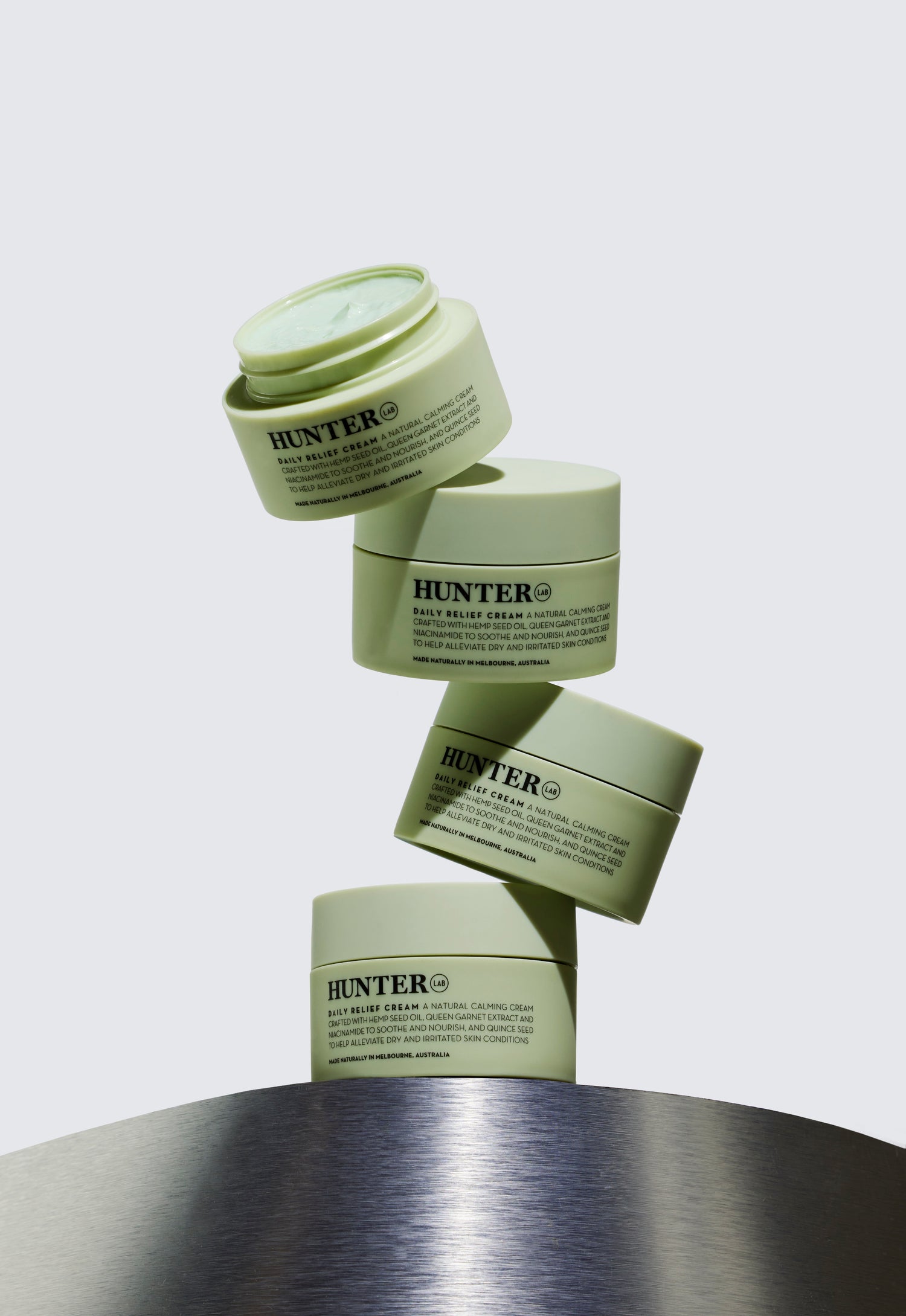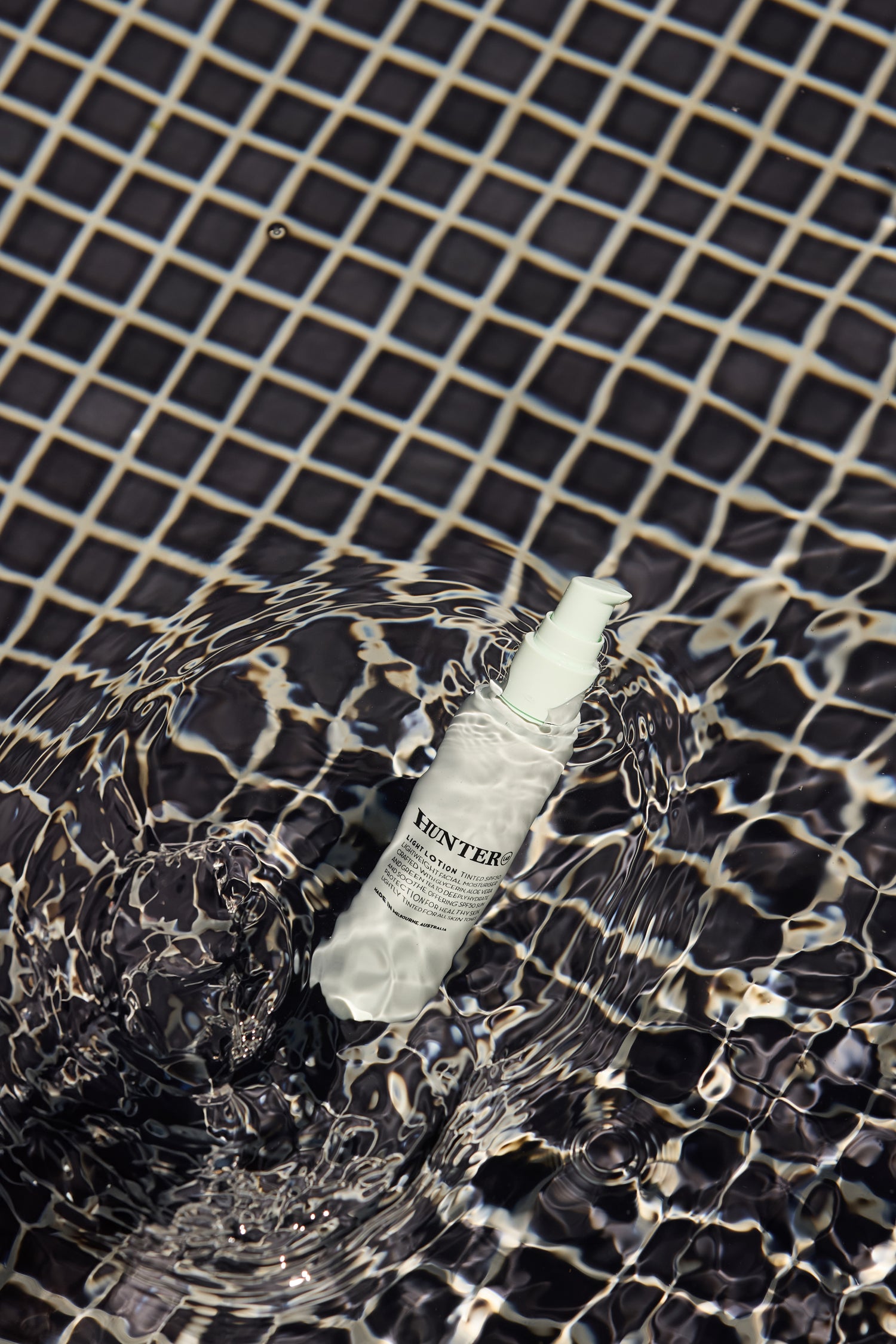Men’s Health Week is an important time in the calendar to remind ourselves to connect with the men in our lives, to check in and ask how they're doing, and to remind them that asking for help isn't a weakness, it's a strength.
Now a yearly global initiative, Men's Health Week aims to drive awareness and conversations about the health issues faced by men in 2024 and beyond.
There are Australian men out there doing it tough, struggling to keep up with the ever changing world and their place within it. Often they're battling fires all around without the adequate tools - how to address their feelings, how to communicate, how to reach out for help.
Everything begins with asking for help. So, why don’t we do it? The truth is that asking for help can be daunting - it requires the courage to admit that something is wrong, or that we don't know something.
The problem is, kicking the can down the road and the 'she'll be right' mentality of men of old is now directly attributed to a decline in mental and physical health, and the passageway disease and depression requires to take hold.
The harrowing stats speak for themselves
- Suicide is the leading cause of death for men aged between 15 and 44 years old.
- 1 out of every 5 Australian men will experience anxiety at any given time.
- Over 80% of violent crimes are committed by men.
- The suicide rate for males aged between 15 and 24 years has tripled in the past three decades.
- 9 out of 10 people in prison are men.
- Men of all ages are more likely to smoke, drink alcohol at excessive levels, be overweight and have a poor diet compared to women.
- 1 in 3 men have no social connections.
- Men are 3 times more likely than women to take their own lives.
- 1 out of every 8 Australian men will experience depression at any given time.
- 1 in 3 men aged 30-65 are not satisfied with the quality of their relationships.
- 72% of men say they’re there for their mates, yet 48% of men feel that they could not talk to their mates if they were struggling.
- It is estimated around 45% of males are unhappy with their bodies.
- 82 men per day call an ambulance due to suicidal thoughts or attempts.
Men's Health Week is a great reminder to us, and to all men, that they're not alone. There are friends, family, groups and tools available in this modern world to help break down the barriers, understand the negative and distructive drivers and triggers, and help men (and women) prioritise their own health first, so they can be a better support to those around them.
Yeah, Man - based on the Mornington Peninsula in Victoria, is one such support network which offers the opportunity for men to make connections to help feel comfortable tackling the challenges they might not be able to discuss with anyone they know. Their reason for being sums up perfectly the perils men face in these modern times:
What can we do to support the men in our lives?
It's important to create awareness around common and preventable health problems affecting men of all ages. Discussing mental health, promoting physical health and discussing the importance of healthy lifestyle choices and the positive impact that prioritising health makes to overall wellbeing.
Self care is a great daily task which improved health and self confidence. Men are less likely to engage in self-care and more likely to rely on women to keep their health on track.
Genetics and evolution may play a role in their struggles to ask for help - for so long mothers (and later in life, wives) have been the caregivers, the proactive force keeping their health (and lives) is check. Men need to prioritise themselves.
Faced with this fixed idea that ‘strong men don’t need help’, and fuelled by antiquated stereotypes, like the expectation of being the strong, unbreakable family provider, men are far less likely to reach out to medical professionals when facing physical or mental health issues, often out of vulnerability fears.
Men are less likely to engage and rely on their social networks to talk about anything more serious than sport and hedonistic pursuits. Social isolation has been identified as a key risk factor in deteriorating health.
Unsurprisingly, all this combined together can lead to an increased risk in short and long term health concerns and why hypertension, heart attack and stroke, to depression and anxiety are affecting more and more men.
Men are more likely to seek treatment when they understand that these issues, and their level of health, directly impacts the people in their lives, like their partners and children, and is a key reason why their mood and their confidence is often a rollercoaster.
This week, and every week, we implore you to reach out to a mate, a brother, a colleague and a loved one and ask them 'R U OK?'.
If you or anyone you know needs help:
Lifeline on 13 11 14
MensLine Australia on 1300 789 978
Suicide Call Back Service on 1300 659 467
Beyond Blue on 1300 224 636
Headspace on 1800 650 890
Local initiatives
Yeah, Man – Mornington Peninsula, VIC
They are hosting an event this Wednesday to support Men's Health Week; follow the link to find out more.
Tomorrow Man – VIC
FInd Ya Feet - NSW
Man Anchor - NSW
Men’s Shed - Australia Wide



